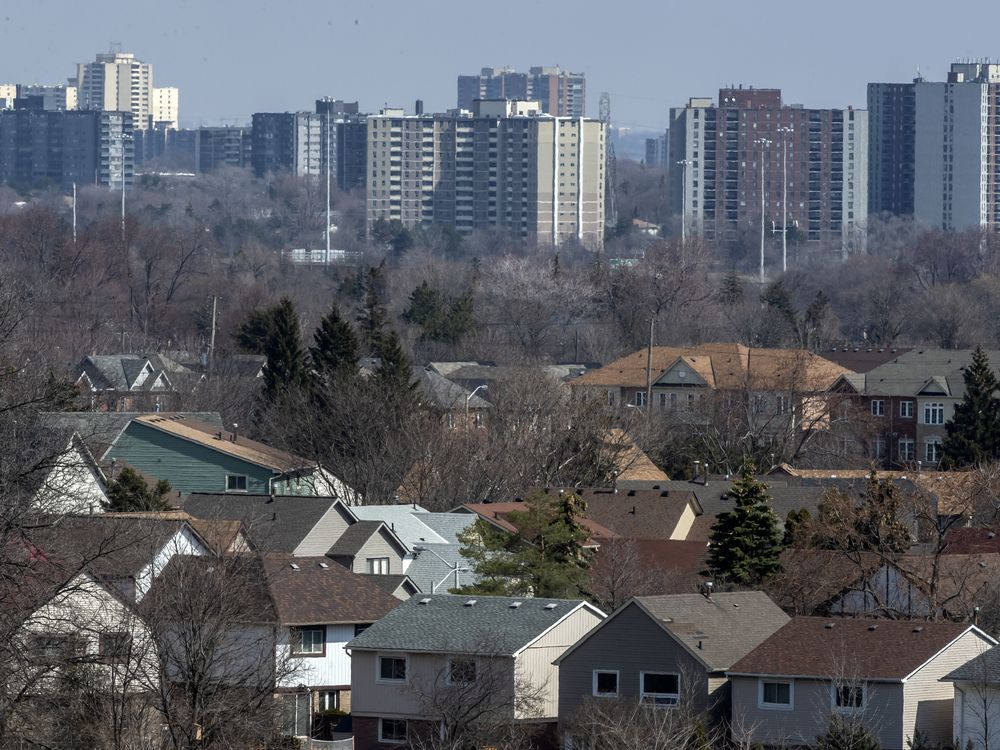I am actually glad you brought that up...
Let's start with the Rio favelas, which are NOT EVEN CLOSE to being a good example here. For once, I DARE YOU to find a Brazilian immigrant here who used to live in one of these. You won't, for the very simple reason that those are the poorest of the poor in Brazil, while the average immigrant that leaves the country comes from the upper-middle class, particularly because immigrating is VERY, VERY expensive (it is not like: oh, let's try and live in Canada, cheers!). This particular substrate of the population, in most of Latin America, lives in condos, yes, but usually larger than the average Canadian condo/apartment, in dense, walkable neighborhoods. We are also NOT DESPERATE for anything like you suggest, please and thank you (please, refrain from using the voice of people you don't represent, it is offensive, condescending and sounds VERY arrogant). If anything, most Latin Americans that move here come fleeing from other problems that have absolutely nothing to do with lifestyle: violence, job insecurity, economic instability, etc... If you ask, 9 out of 10 Brazilian immigrants in Canada if they would come back to Brazil and live in a condo in Ipanema, Leblon (in Rio) or Moema and Vila Olimpia (Sao Paulo), should Brazil overcome all of these issues, I assure you they would. And they'd welcome the lifestyle of these neighborhoods (which likely explains why Leblon has one of the most expensive square footage ON EARTH, not just Brazil). You will find similar reactions from Peruvians, Chileans, Colombians and Mexicans.
Going around the world, talking to random strangers and making assumptions about motivations for immigration, without even questioning their very ability to do so and the actual demographics of those who do makes for a very poor argument. Those you claim were imploring you for help coming to Canada were likely the ones who would have never been able to do so, except under (very unlikely) situations that would make them eligible for refugee status. I can't speak for all Latin Americans (or even Brazilians, for that matter), but I can assure you that what you are saying is a far cry from the reality and that what you'd hear in conversations within the Latin American immigrant community in Canada (or anywhere, for instance), so please stop using us as a (very flawed) argument for your defense of suburban sprawl and car dependency, please and thank you!





